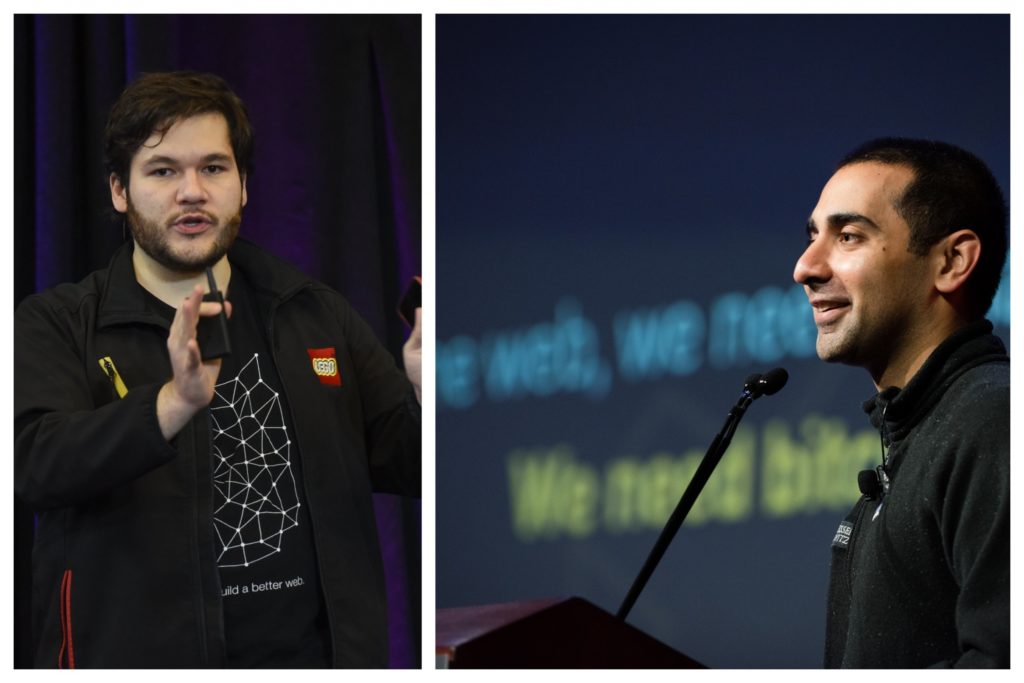
Information and truth
Srinivasan strongly argues that social media superusers are gradually abandoning networks like Twitter to return to their blogs. Srinivasan immediately connected social media issues with legacy media issues.
"Decentralized media also means that if you give individuals the opportunity to monetize themselves, potentially in a pseudonymous way, there is less pressure for them to be part of an intellectual orthodoxy that helps them protect their work in an uncertain environment", claimed.
But Benet is not of the same opinion. He said that “The whole history of journalism is full of incredible, important advances and improvements that have simply happened thanks to a series of articles that have caused an important change.
[…] Even if at this moment the entire incentive structure of the media is problematic, both in traditional media and in social media, it is necessary to build a system that supports it ”. Benet says that the distribution of information is light years ahead of that of the 80s, but the problem is the disinformation campaigns that cause people to believe in things that are not true, so that falsehoods persist even when they come. repeatedly dispelled.Benet is skeptical about future social media experiments if they don't occur alongside even more aggressive experiments on the verifiability of data and information.
A better network
Benet focused mainly on the technical stack on which the web is built rather than on companies or business models. So far, almost everything on the web has been built on Linux, Apache, MySQL and Python or later.
Benet thinks there may be a future where a universal data store of some kind is part of that stack, which many websites can draw on. Srinivasan has agreed on this point.
It's a rough version of this idea, but at some level Bitcoin is already what Benet is describing. It's a shared truth database, but in the case of Bitcoin the truth doesn't extend beyond the Bitcoin community itself.
It's a start, though, and Srinivasan has noticed that the world in general doesn't really appreciate it. He said: "I think it is still largely underestimated by people outside our space the extent to which something like this already exists, in the sense that Coinbase, Binance and Blockchain.info ... are all different layers than the Bitcoin blockchains and Ethereum. "
